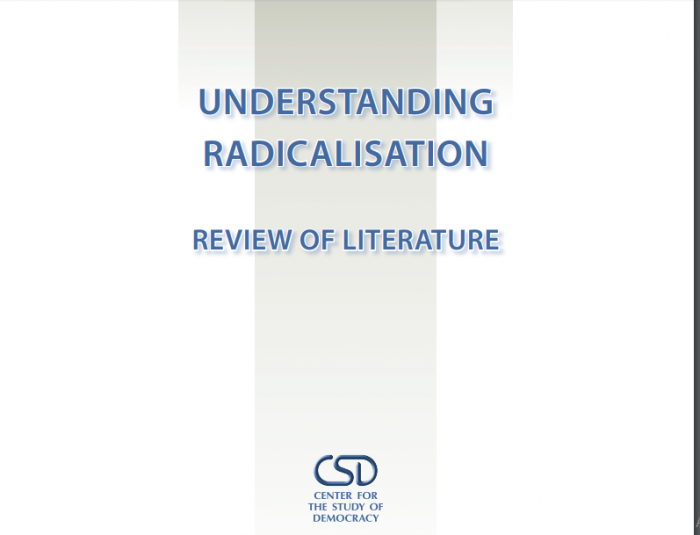The phenomena of radicalisation today develop and change at high speed, with their extreme forms manifested globally. The destructive dimensions of (violent) Islamist or right-wing radicalisation have become dramatically visible in Europe posing serious challenges to European societies. This literature review presents key academic conceptualisations and debates on the phenomena оf radicalisation that might lead to violence. It deals with three different forms of radicalisation, including Islamist radicalisation, right-wing as well as left-wing radicalisation. In addition, an overview s provided of current academic debates regarding the role of the internet in radicalisation processes. The review is intended to help social scientists who are entering the field of radicalisation studies navigate through the complexity of underlying processes and factors that lead different individuals or groups to adopt radical ideas and commit acts of violence. The review is particularly relevant for countries of Central and Eastern Europe where radicalisation remains understudied, although most countries in the region share histories of extremism and political radicalism.
Read the review here.
Dia Anagnostou, with Rositsa Dzhekova, Nadya Stoynova, Anton Kojouharov, Mila Mancheva and Emil Tsenkov, Understanding Radicalisation: A Review of the Literature, Sofia: Center for the Study of Democracy, 2017



